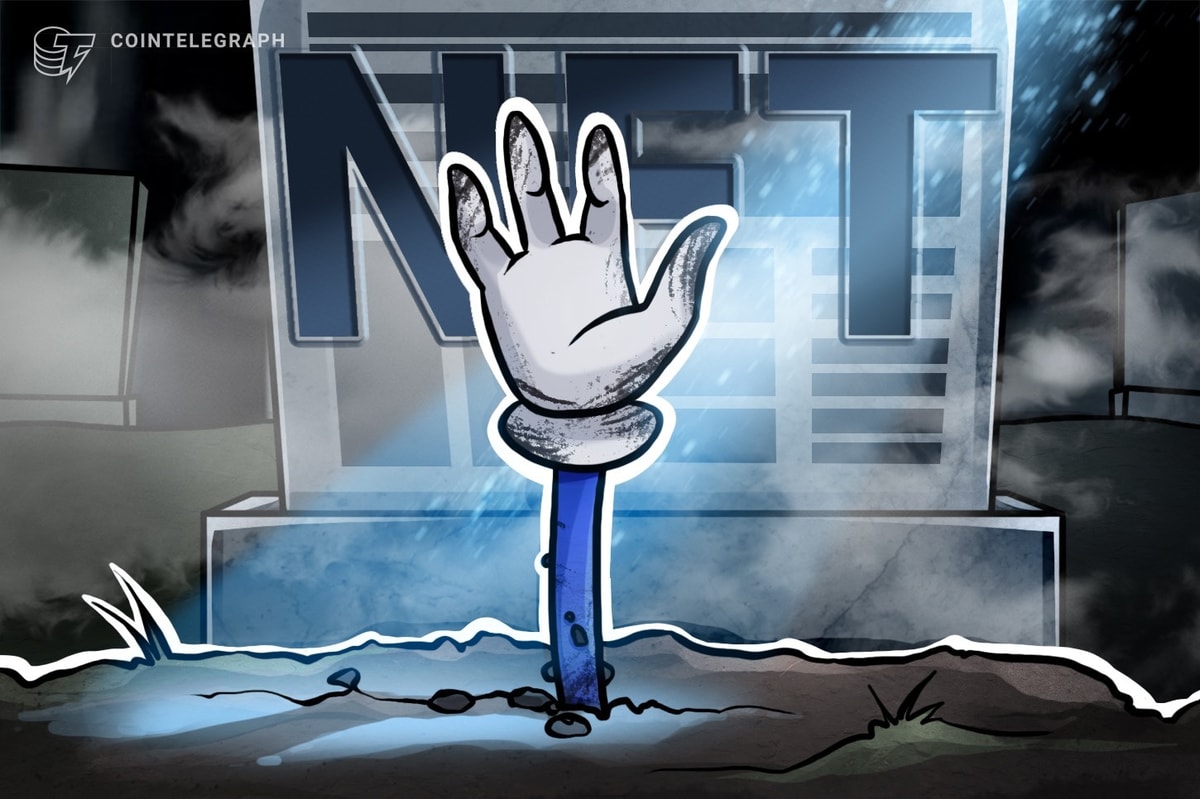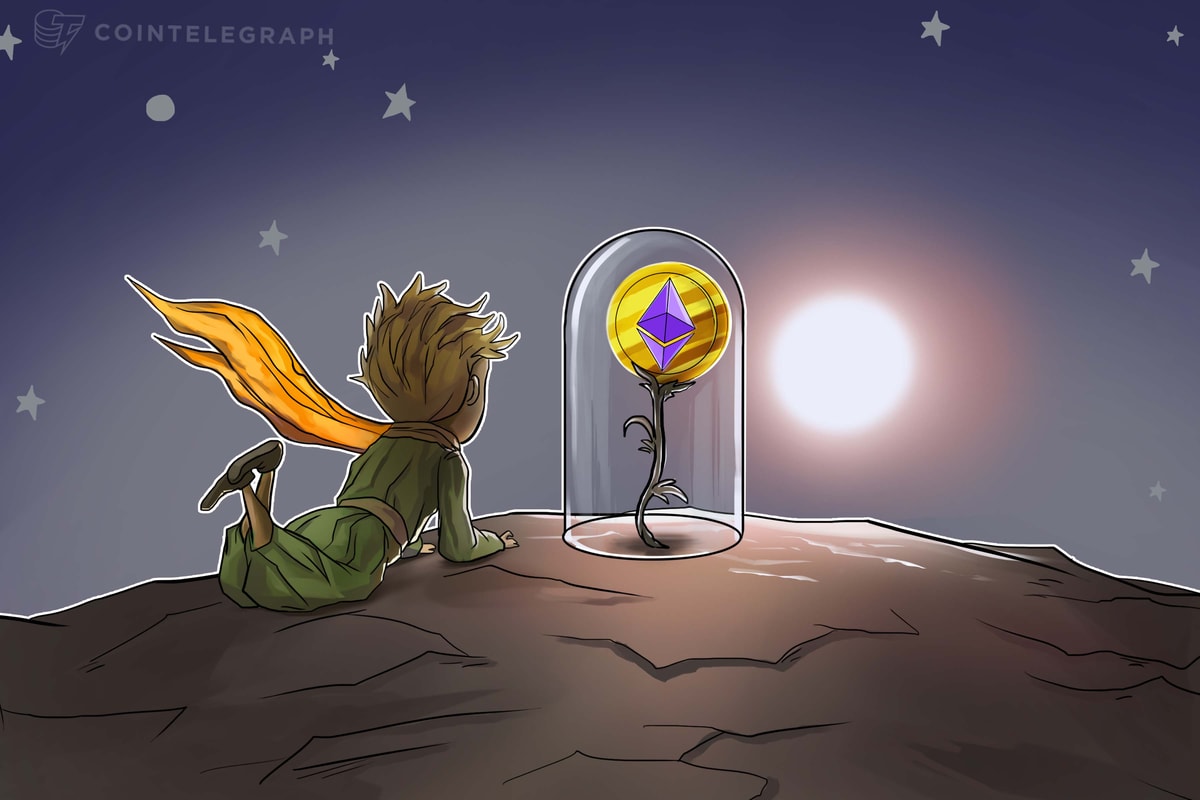With a certain tech billionaire currently railing against companies including Apple withdrawing their ads from Twitter, it’s a good time to remember a fairly related story from 2007-2008 — when Linden Lab began to pivot away from its libertarian approach to governing Second Life content:
In 2006, for example, Philip Rosedale refused to intercede against Ginko, the SL bank with a high rate of return, which many Residents accused of being a Ponzi scheme. That same year, in response to Residents protests against age play (i.e. simulated avatar-based pedophilia), Robin Linden said it would be forbidden “[i]f this activity were in public areas“– implying that it was still permissible in private. Casinos and other gambling institutions, of course, were rampant over the land.
The reversals started last year, continuing into this one:
Age play and other vaguely defined “broadly offensive” behavior was universally forbidden in May 2007.
Gambling was prohibited in July 2007.
Unregulated banks were banned this January.
This February’s prohibition against “ad farms” was preceded by the debut of a Linden Department of Public Works, also overseen by Jack Linden, “all about improving the experience for residents living on or visiting the Linden mainland.”
Of course, some of these decisions were at least partly motivated by concern over real world laws, but the pattern is still hard to miss. The Lindens are restructuring the mainland into a communitarian society it once was in 2003. Expect more prohibitions to go into effect soon, also aimed at curbing other libertarian externalities– bot farms, for example, and camping chairs.
More here. The problem with establishing a content moderation guideline that’s simply pinned to “free speech” is that it inevitably leads to forms of expression that hurt a company’s bottom line. Many customers feel their experience is being degraded so much by noxious content, it’s no longer worth what they’re paying for it. Outside advertisers too pull away, fearful they no longer have a brand safe environment.
That’s a business decision that’s important even aside from the moral considerations of allowing free expression that’s hateful and bigoted, targeting vulnerable minorities. (What reactionaries contemptuously call “woke”.) But in this case, the ethical principle and the commercial consideration is aligned: “Free speech” that hurts users’ overall experience more than enriches it is simply bad for business.
Read More: nwn.blogs.com








 Bitcoin
Bitcoin  Ethereum
Ethereum  Tether
Tether  XRP
XRP  Solana
Solana  USDC
USDC  Dogecoin
Dogecoin  Cardano
Cardano  TRON
TRON  Lido Staked Ether
Lido Staked Ether  Wrapped Bitcoin
Wrapped Bitcoin  Sui
Sui  Hyperliquid
Hyperliquid  Wrapped stETH
Wrapped stETH  Chainlink
Chainlink  Avalanche
Avalanche  Stellar
Stellar  Shiba Inu
Shiba Inu  LEO Token
LEO Token  Bitcoin Cash
Bitcoin Cash  Hedera
Hedera  Toncoin
Toncoin  WETH
WETH  Litecoin
Litecoin  USDS
USDS  Polkadot
Polkadot  Monero
Monero  Wrapped eETH
Wrapped eETH  Bitget Token
Bitget Token  Binance Bridged USDT (BNB Smart Chain)
Binance Bridged USDT (BNB Smart Chain)  Pepe
Pepe  Pi Network
Pi Network  Ethena USDe
Ethena USDe  Coinbase Wrapped BTC
Coinbase Wrapped BTC  WhiteBIT Coin
WhiteBIT Coin  Aave
Aave  Bittensor
Bittensor  Uniswap
Uniswap  Dai
Dai  NEAR Protocol
NEAR Protocol  Aptos
Aptos  Jito Staked SOL
Jito Staked SOL  OKB
OKB  Tokenize Xchange
Tokenize Xchange  Ondo
Ondo  BlackRock USD Institutional Digital Liquidity Fund
BlackRock USD Institutional Digital Liquidity Fund  Cronos
Cronos  Internet Computer
Internet Computer  Ethereum Classic
Ethereum Classic